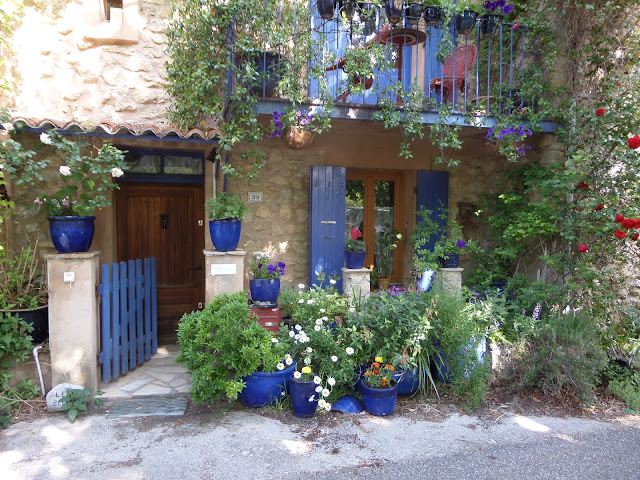Boules
I went
to the regional boules championships last week and, as usual, spent
an agreeable few days with the regional championship regulars. My
team didn't do that well but we will never know exactly how well.
The regional President of the national boules association gave a
(too) long speech at the beginning saying nothing of relevance except
not to beat him up and to play in a good spirit. It wasn't clear at
the time why anyone should want to beat him up but became so very
shortly afterwards when it turned out that he had changed the system
for deciding teams positions at the end of the championships. Few
players, if any, understood the new system and it seemed that the
officials didn't either. Only the top ten teams were given their
positions and we weren't one of them. So the President's actions
served simply to ensure that the players were pissed off and wanted
to beat him up, the opposites of what he stated as his objectives. I
think that properly qualifies him as what the French commonly know as
a “vieux con”. It also made me reflect, not for the first time,
that to appreciate Provençal methods of organisation a good
understanding of chaos theory is required. Whenever I made public
speeches I always wanted feedback; the honourable President clearly
doesn't but someone should tell him he needs it.
The
trip was nonetheless very enjoyable. Michel, who drove me and his
wife and friend Jacques to Gréoux, in the Alpes de Haute Provence
where the championships were held, chose a “straight line” route
through the Alps' foothills just north of here. It took us through
country that I hadn't seen before and where lavender fields stretched
from horizon to horizon. I made a mental note to return there
sometime in the summer when the lavender is in bloom; it must be a
magnificent sight (and smell). The height we were at, well over 1000
ft, suggested that what was growing was what the French call
“lavende” rather than “lavendin”. I'm unclear about the
distinction (both look the same) but understand that the former keeps
its colour longer when dried and has a milder smell. However,
“lavende” apparently grows well only in land at over 1000 ft and
fetches a much higher price in the markets so I presumed that that
was what I was seeing. However, when I buy lavender oil I buy the
“lavendin” variety. My nose can't detect the subtle distinction
in smell between the two and the “lavendin” oil is both much
cheaper and more intense.
Roses,
Roses, Roses
They
are one of my favourite flowers, a preference that I probably share
with very many others. So here are photos of some of those that I
have. The first two photos show the two roses I have climbing over
the arch at the back of my garden; the yellow and white one is
Pilgrim, the pink one Shropshire Lad, both from David Austin. The
third photo is of two bush roses in my back garden; the yellow one is
Graham Thomas and the copper-coloured one Pat Austin, again both from
David Austin. I visited David Austin's garden some 20 years ago and
it is an experience that every rose lover should surely experience at
least one time in their lives. The other rose garden I remember from
England with great affection is the walled garden at Mottisfont, in
Hampshire, which is open to the public in June in the evenings, when
the perfume of the roses, and the pinks and peonies planted below
them, is at its strongest.
To
supplement the roses both honeysuckles in the front are in full bloom
(and I have roses in the front too, also in bloom, Penny Lane, Dublin
Bay and The Fairy). The perfume on my balcony and around the front
of the house in the evening is wonderful.



